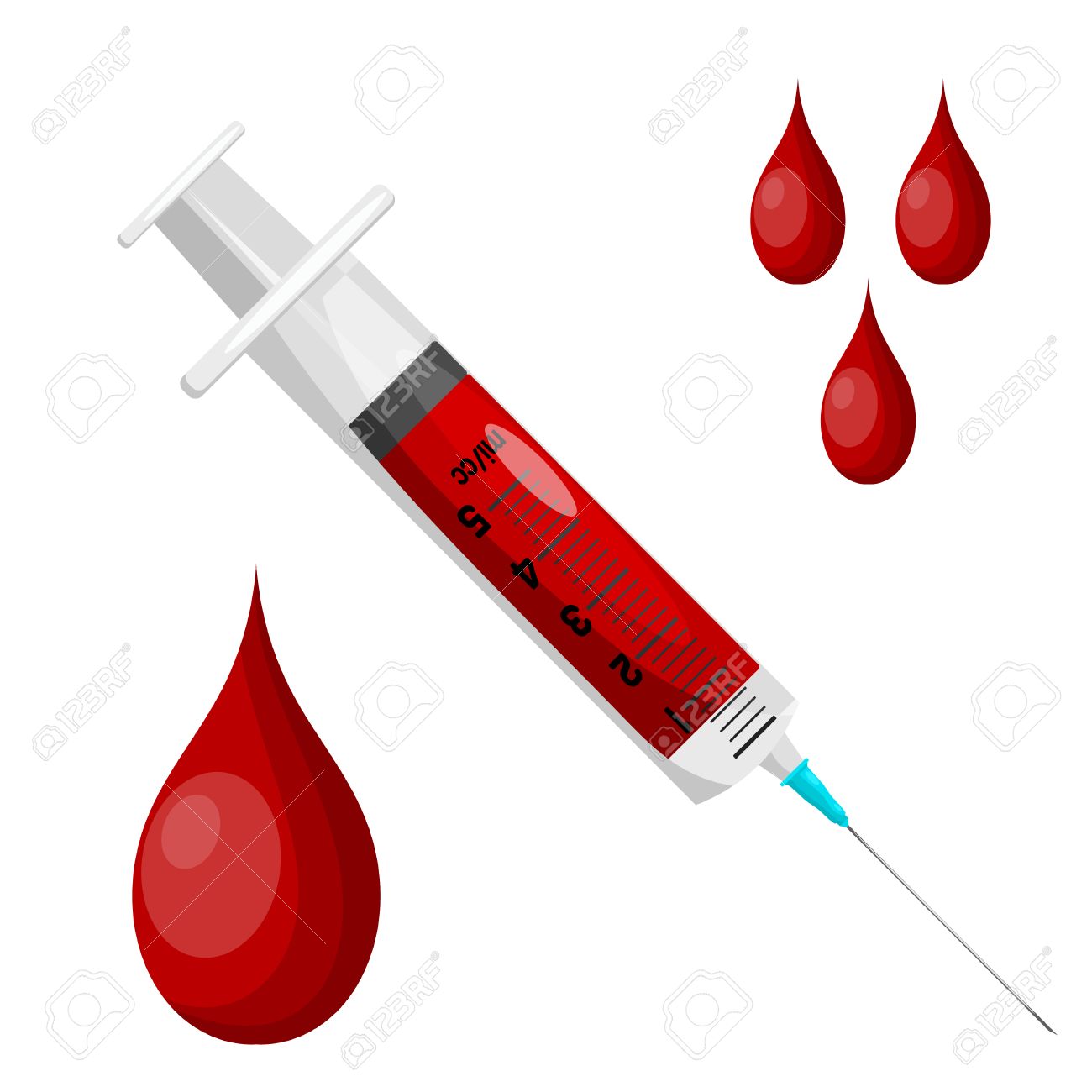Blood tests are a vital component when it comes to clinical reasoning in Rheumatology. Not everyone has the authorisation to order bloods for their patients but a working knowledge remains important to help you in management of a suspected rheumatology patient. This blog will outline the basic bloods for the most common arthropathies (i.e. it leaves out connective tissue disorders and myopathies etc.) It is important to remember here that interpretation is nuanced, requires clinical correlation and that formal diagnosis remains the role of Rheumatologists with this group of patients. Conditions will always remain “suspected” until investigation by a Rheumatologist.
![]()
PLEASE REMEMBER – THIS LIST IS NOT A REPLACEMENT FOR CLINICAL REASONING, IF YOU ARE UNSURE GET ADVICE
Routine blood tests will always be carried out for suspected Inflammatory Arthropathies such as Rheumatoid Arthritis and the Spondyloarthropathies. These will consist of a Full Blood Count, inflammatory markers, biochemical tests and immunological tests. This blog will concentrate on the inflammatory markers and biochemical tests. It is by no means exhaustive and is designed to help Physiotherapists to order appropriate blood tests. Again I reiterate, if you are unsure what to order, please seek advice.
Inflammatory Markers
These will often be raised in Inflammatory Arthropathies but remember many, many other things can cause increased levels of inflammatory markers in the blood (e.g. obesity, acute injury, infection) and a negative result does not rule out a suspected condition on its own.
ESR (Erythrocyte Sedimentation Rate) – non specific test of inflammation
Normal range – Men 0-14, Women 0-20. Note that there is some variance with age so proceed with caution when interpreting if the levels are near to the top of these ranges.
CRP (C-reactive protein) – non specific test of inflammation
Normal range – <5. Note that this is very reactive to any activation of the immune system.

Immunological Tests
Immunological tests have much more utility in diagnosis and can have value with prognosis in inflammatory arthropathies. Just a reminder that these still have diagnostic limitations. I would recommend this book by Drs Al-Sukaini, Azam and Samanta (https://www.amazon.co.uk/Rheumatology-clinical-handbook-medical-students/dp/1907904263/ref=sr_1_1?ie=UTF8&qid=1538037053&sr=8-1&keywords=rheumatology+a+clinical+handbook) as it has a brilliant breakdown of the sensitivity and specificity of these tests for the various diagnoses.
Rheumatoid Factor (RF) – note 15-20% of RF+ve patients have no associated conditions
Rheumatoid Arthritis – Sensitivity 60-90%, specificity 70-80%, higher values prognostic of poorer outcome.
Psoriatic Arthritis – A negative RF result has diagnostic utility in PsA
Anti-cyclic citrullinated peptide (Anti-CCP)
Rheumatoid Arthritis – highly specific 95%+ for diagnosing RA
HLA-B27 – Note present in roughly 8% of the population
Spondyloarthropathy – 90% of diagnosed SpA patients will be positive for the HLA-B27 gene
Psoriatic Arthritis – 40%+ will be positive for the HLA-B27 gene
I hope that this gives you a good reference point to aid with clinical reasoning. Remember that due to a lack of sensitivity and specificity these blood tests are best used in conjunction with clinical correlation. It would be a rare case indeed to refer (or not refer) to Rheumatology purely based upon a positive/negative blood result. Use your clinical judgement and seek advice where needed.
Also remember this list does not cover many other types of Rheumatology conditions!
Other resources to help you include the mentioned clinical handbook and my “suspecting RA tool” which is free to download here


